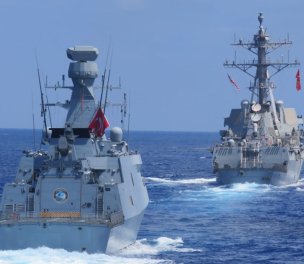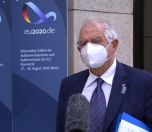Click to read the article in Turkish
Presidency Communications Director Fahrettin Altun has welcomed Pope Francis' call for "constructive dialogue" in the Eastern Mediterranean crisis.
"I welcome Pope Francis' statement on the Eastern Mediterranean," he wrote on Twitter today (September 1), adding that "Turkey calls on Greece, among others, to respect international law, instead of militarizing the Aegean islands and laying claim to our Blue Homeland."
"The Mediterranean should be a sea of peace and stability," Altun further said.
A day before, Pope Francis tweeted, "I follow with concern the tensions in the Eastern Mediterranean area and I appeal for constructive dialogue and respect for international law to resolve the conflicts that threaten the peace of the peoples of that region."
Tensions between Ankara and Athens have increased in the Eastern Mediterranean in the past month over Turkey's hydrocarbon exploration activities as both countries' claimed maritime borders overlap each other.
I welcome @Pontifex statement on the Eastern Mediterranean.
— Fahrettin Altun (@fahrettinaltun) August 31, 2020
Turkey calls on Greece, among others, to respect international law, instead of militarizing the Aegean islands and laying claim to our Blue Homeland.
The Mediterranean should be a sea of peace and stability. https://t.co/gVZ86jXijC
Maritime border claims of Turkey and GreeceTurkey signed a maritime border agreeement with Libya's Governmenf of National Accord (GNA) on November 27, 2019. Greece and Egypt signed a simillar agreement on August 7. |
Latest developments in the Eastern MediterraneanOn July 28, Turkey announced after Germany's diplomatic efforts that it suspended hydrocarbon exploration activities, in the Eastern Mediterranean, which had been underway since early 2019, and stated that it was ready to talk with Greece. On August 6, Greece and Egypt signed a maritime border agreement. On August 10, Turkey announced that its drillship Oruç Reis would resume energy exploration in the Eastern Mediterranean. It said the ship will continue its work along with the ships Cengiz Han and Ataman until August 23. On August 14, the EU foreign miniters discussed the crisis at an extraordinary meeting, calling on Turkey to end hydrocarbon exploration activities in contested waters. On August 16, Turkey issued a Navtex, announcing that its drill ship Yavuz will continue its work exploring for energy resources off the island of Cyprus. On August 23, Turkey issued another Navtex, stating that the Oruç Reis vessel would continue its activities until August 27. On August 24, Greece held joint naval drills with the US in the south of Crete island. One day later, Turkey conducted naval exercises with Italy. On August 25, Germany's Minister of Foreign Affairs Heiko Maas visited Athens and Ankara to encourage the two countires to have direct talks. On the same day, Turkey held replenishment exercises with Italy in the Eastern Mediterranean. On August 26, US President Donald Trump had phone talks with President Recep Tayyip Erdoğan and Prime Minister of Greece Kyriakos Mitsotakis, urging them to reduce tensions and start dialogue. On the same day, Turkey and the US conducted joint maritime exercises. On August 27 and 28, EU foreign ministers met with the Eastern Mediterranean crisis on the top of their agenda. The Union's foreign polict head Josep Borrell said after the meeting that Turkey's ships might be sanctioned if they continued hydrocarbon activities. Turkey's Ministry of National Defense on August 28 announced that it intercepted six F-16 fighters planes of Greece, which it said were closing in on the area where Turkey issued a Navtex. |
(EMK/VK)




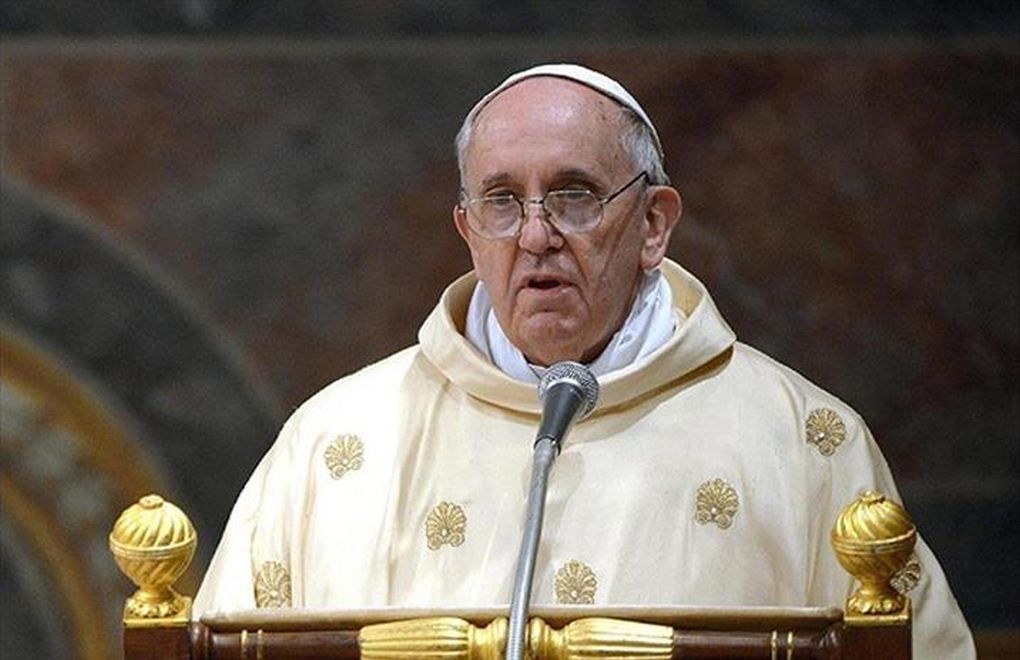

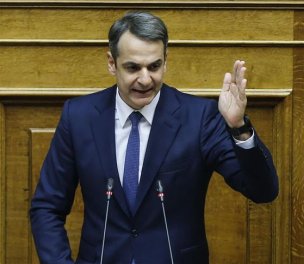
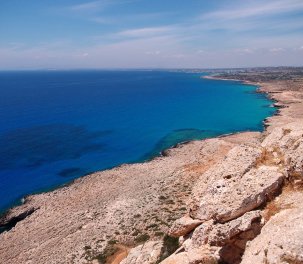
sa.jpg)
